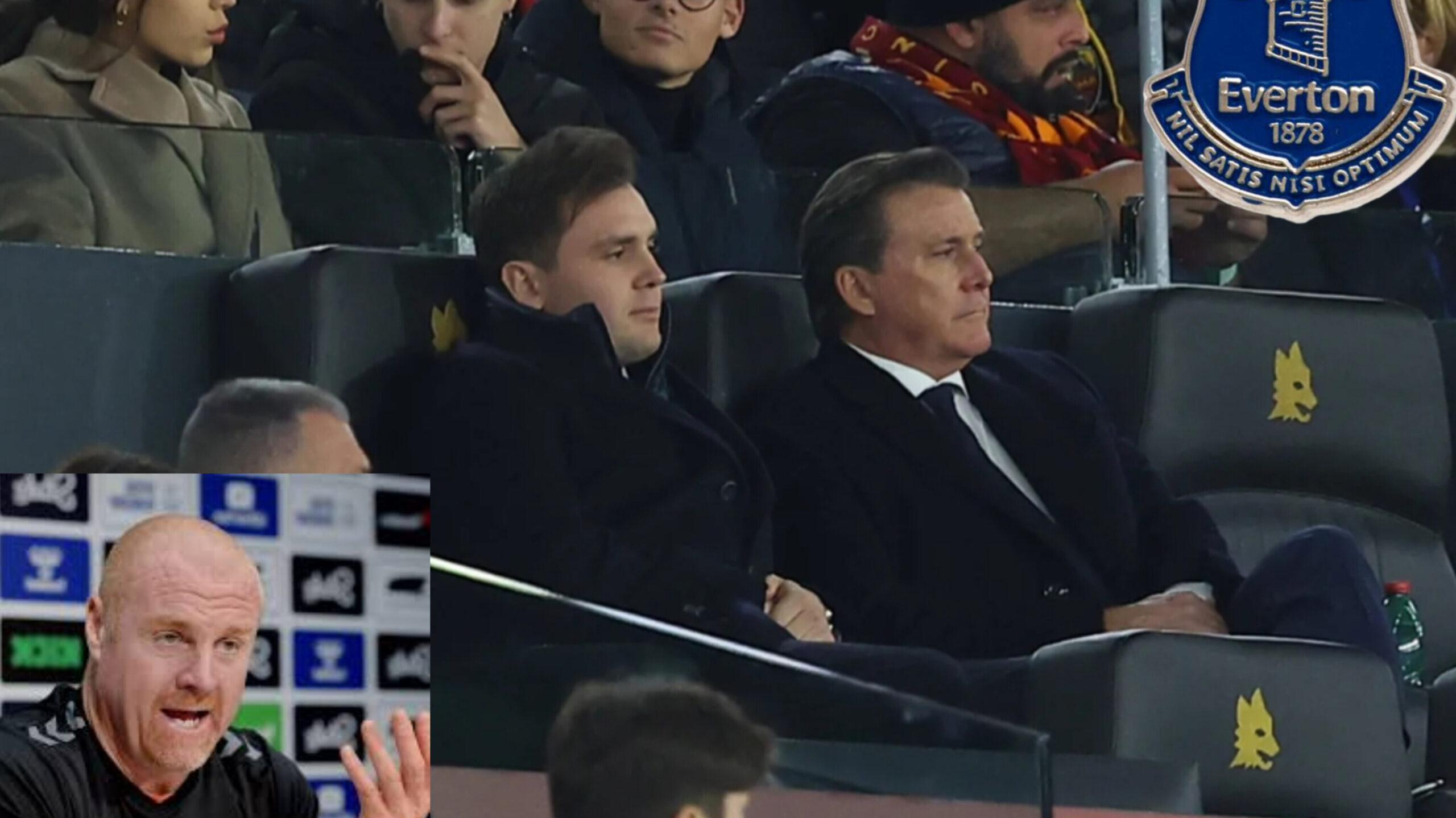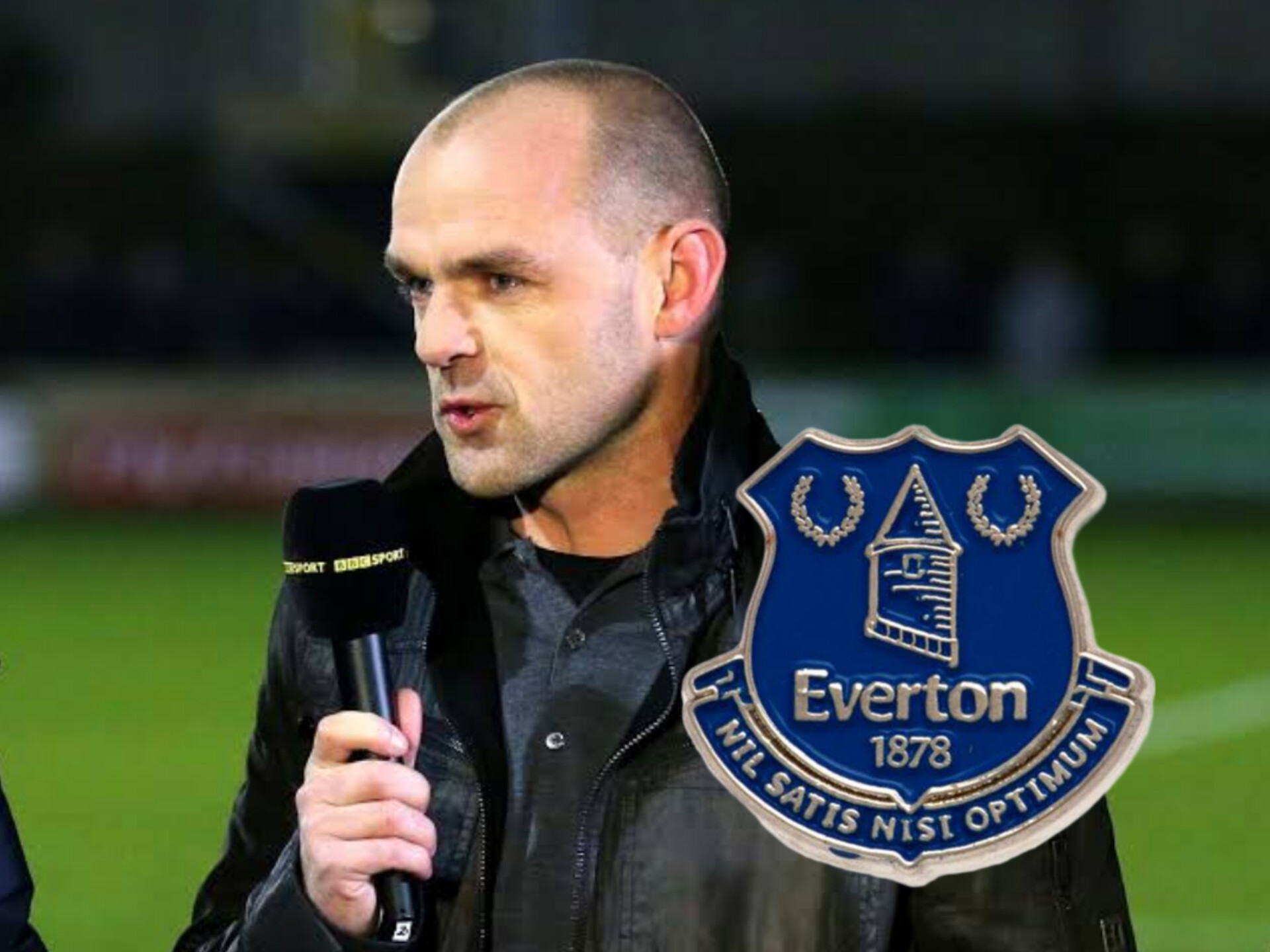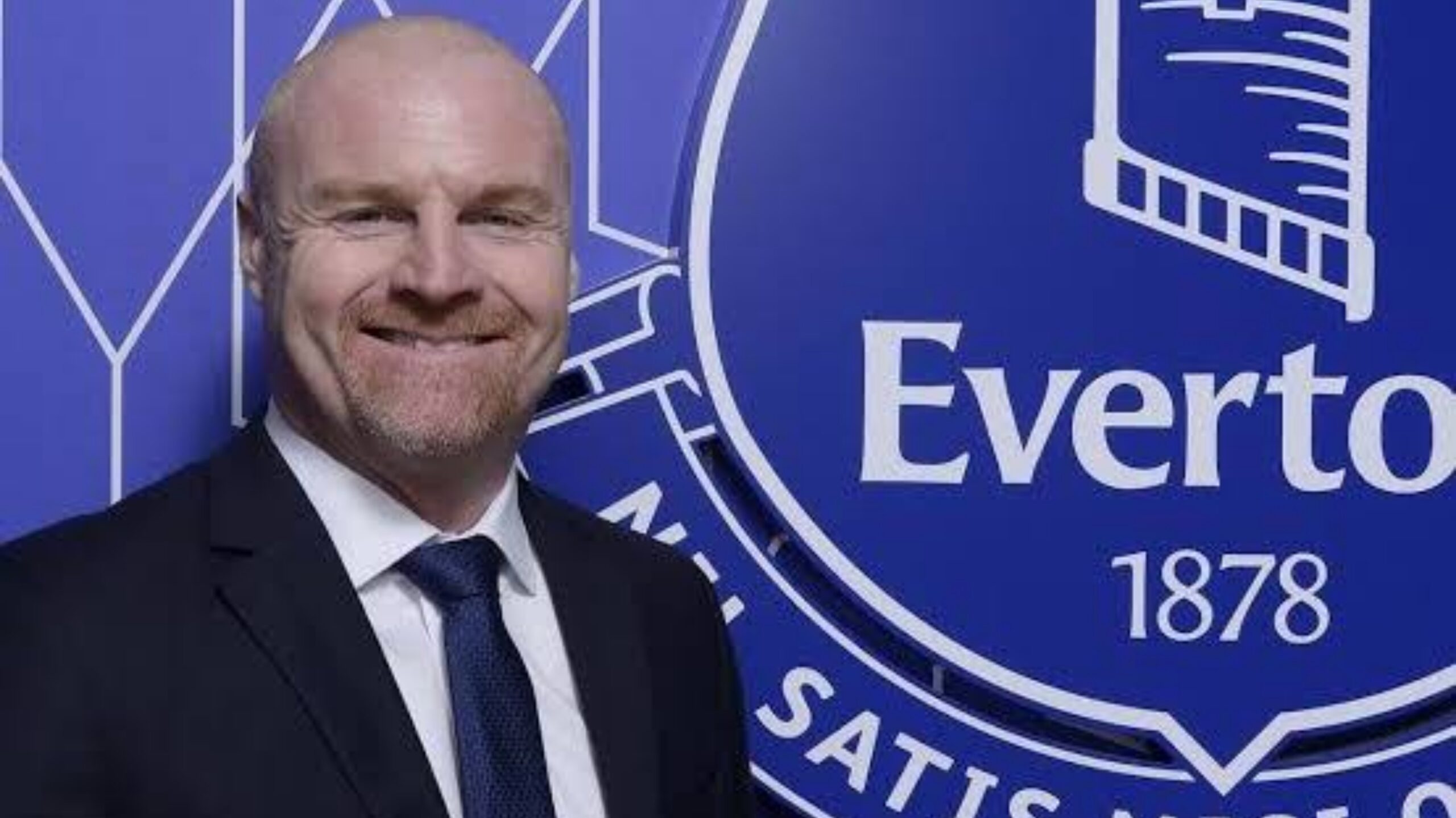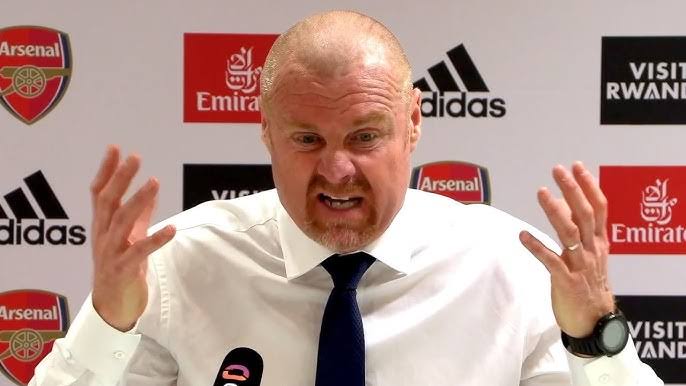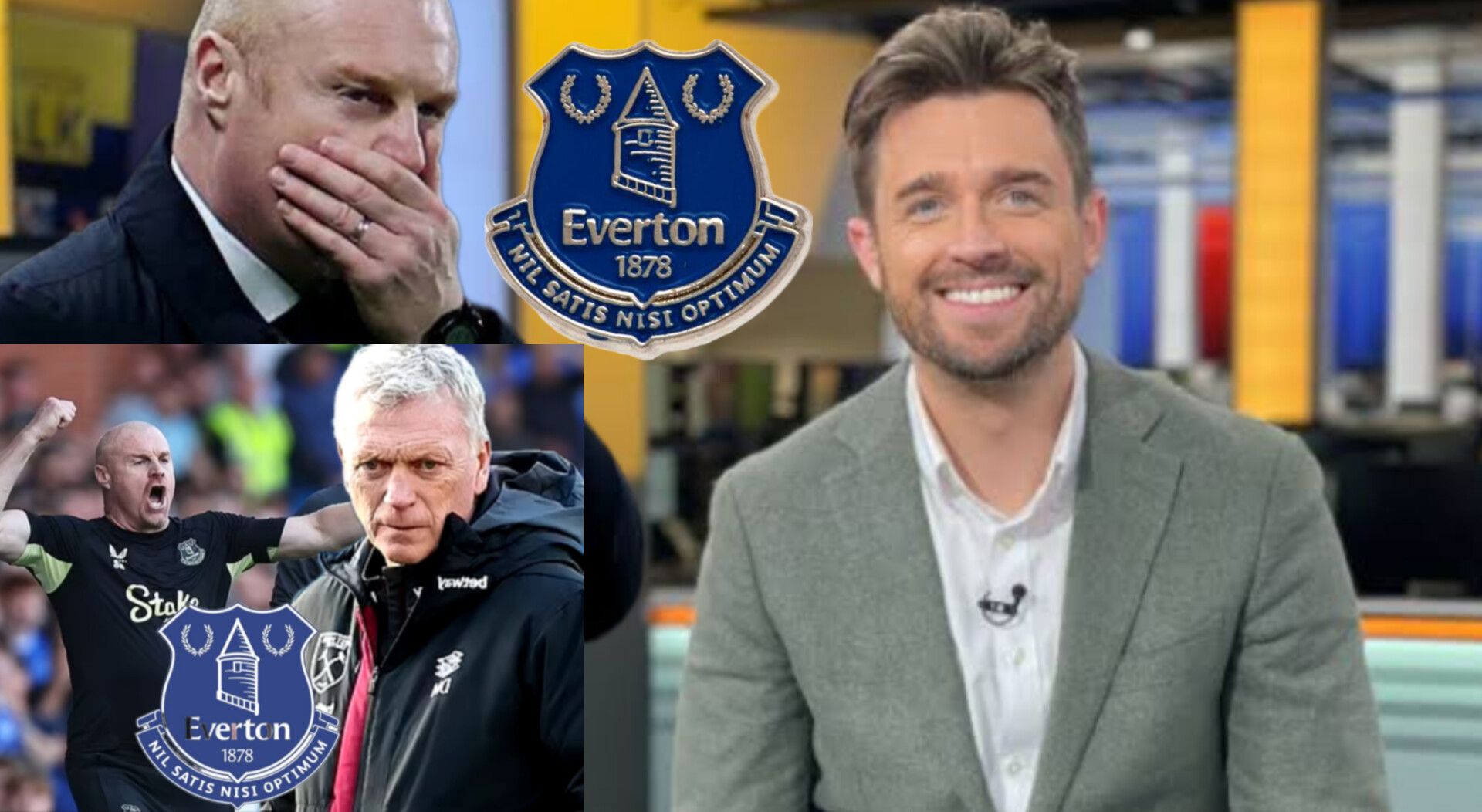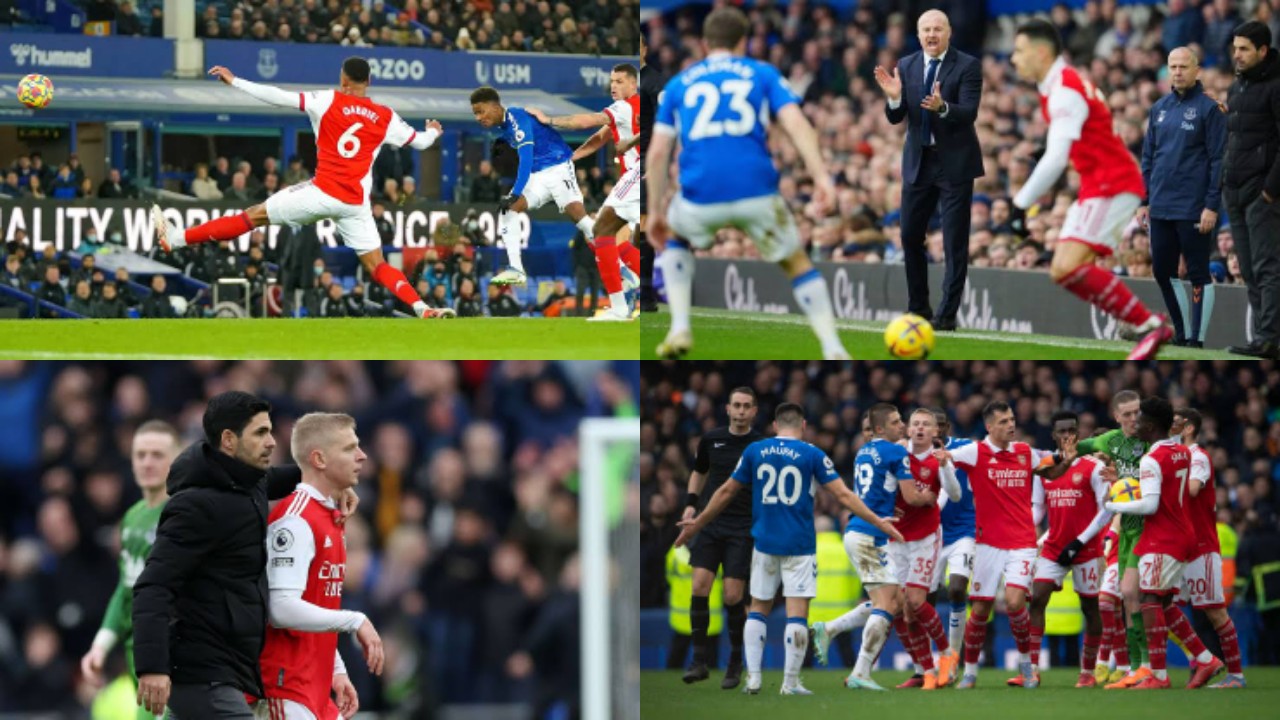Sean Dyche, the current manager of Everton Football Club, has recently shared his thoughts on the potential takeover of the club by the Friedkin Group. His comments come at a pivotal moment for Everton, a club that has been mired in uncertainty and financial instability for several years. Dyche’s optimistic outlook on this development reflects not only his hopes for the club’s future but also the broader sentiment among Everton supporters who have long yearned for a period of stability and progress.
The news of the Friedkin Group’s agreement to purchase Farhad Moshiri’s 94.1% stake in Everton marks a potentially significant turning point in the club’s recent history. This development comes after a protracted period of speculation and failed takeover attempts, which have included interest from various entities such as MSP Capital, 777 Partners, and John Textor. The fact that a deal has finally been agreed upon with the Friedkin Group has brought a sense of relief and cautious optimism to many associated with the club.
The Friedkin Group, led by Dan Friedkin, brings with them a track record of success in football ownership. Their stewardship of AS Roma since 2020 has been marked by steady improvement both on and off the pitch. This experience in managing a high-profile European club facing its own set of challenges is seen as a positive factor by many observers, including Dyche himself.
In his press conference ahead of Everton’s match against Crystal Palace, Dyche was inevitably questioned about the takeover news. His response was measured yet hopeful, reflecting his understanding of the complex nature of such transactions while also expressing optimism about what this could mean for Everton’s future.
Dyche emphasized the potential for increased stability that the takeover could bring. He noted that Everton has been on “unsettled ground for some time now,” a statement that resonates with the club’s recent struggles both financially and in terms of on-field performance. The manager expressed hope that should the deal be finalized, it would “change the noise that surrounds the club” and bring “the feel of stability.”
This desire for stability is crucial in understanding the context of Everton’s recent history. The club has faced numerous challenges, including financial constraints that have limited their ability to compete in the transfer market, as well as the looming threat of Financial Fair Play sanctions. A change in ownership, particularly to a group with proven success in football management, could potentially alleviate some of these pressures and provide a more secure foundation for the club’s future.
Dyche was careful to note that he hasn’t yet spoken directly with the Friedkin Group, but he expressed an expectation that they would reach out at some point. This acknowledgment of the early stages of the process demonstrates Dyche’s pragmatic approach to the situation. He understands that while the news is promising, there are still many steps to be taken before any significant changes can be implemented.
The manager’s comments also touched on the potential business model and strategy that the new owners might bring to Everton. While acknowledging his limited knowledge of their specific plans, Dyche referenced the Friedkin Group’s “good view at Roma” as a positive indicator. This suggests that Dyche sees value in the experience and approach that the Friedkin Group has demonstrated in their management of AS Roma.
However, Dyche also highlighted the importance of understanding the new owners’ strategy and viewpoint for the club. He astutely noted that different owners have varying approaches – some prefer to learn from existing structures and personnel, while others might seek to implement more immediate and sweeping changes. This observation underscores the complexity of ownership transitions in football and the potential impact on all aspects of club operations, from management structure to playing style and transfer policy.
When questioned about the possibility of January signings should the takeover be completed on the current timeframe, Dyche maintained a cautious stance. He emphasized that such decisions would need to be made in consultation with the new owners, once their view of the club and its needs becomes clear. This response reflects Dyche’s understanding of the delicate balance between managerial autonomy and the strategic vision of club ownership.
Dyche’s comments on the potential for January signings are particularly pertinent given Everton’s recent history in the transfer market. The club’s inability to make any signings in the previous January window was a source of frustration for many supporters and highlighted the financial constraints under which the club was operating. The prospect of new ownership potentially bringing increased financial flexibility is undoubtedly appealing, but Dyche’s measured response suggests a recognition that any changes in transfer policy will need to be carefully considered and aligned with the overall strategy of the new owners.
Throughout his comments, Dyche maintained a focus on the present, emphasizing his commitment to continuing to work hard with his staff and players. He noted that there has been “a lot of change and I think a lot of good change” at the club, suggesting that regardless of the ownership situation, progress is being made in certain areas. However, he also acknowledged the need to “get back to winning ways,” highlighting the ongoing challenges faced by the team on the pitch.
This balanced perspective from Dyche is indicative of his approach to management. While acknowledging the potential positive impact of the takeover, he remains focused on the immediate tasks at hand – improving the team’s performance and results. This pragmatic attitude is likely to be appreciated by both the current and potential new owners, as well as the Everton fanbase.
The potential takeover by the Friedkin Group represents a significant moment in Everton’s history. It offers the promise of stability and potentially a new direction for a club that has struggled to realize its ambitions in recent years. Sean Dyche’s comments reflect a cautious optimism that is likely shared by many associated with the club. His emphasis on stability, coupled with an understanding of the complexities involved in such a transition, demonstrates a mature and realistic approach to the situation.
As Everton moves forward, the coming months will be crucial in determining the club’s trajectory. The completion of the takeover, subject to Premier League approval, will be closely watched not just by Everton supporters but by the wider football community. The potential impact on Everton’s financial situation, transfer policy, and overall strategy could have far-reaching implications for the club’s future competitiveness in the Premier League and beyond.
For Sean Dyche, the challenge will be to navigate this period of transition while maintaining focus on improving the team’s on-field performance. His experience and pragmatic approach will be valuable assets as Everton potentially enters a new era under the Friedkin Group’s ownership. The hope for many associated with Everton is that this change will indeed bring the stability and progress that Dyche and others have long sought, allowing the club to build towards a brighter and more successful future in both domestic and potentially European competitions.
